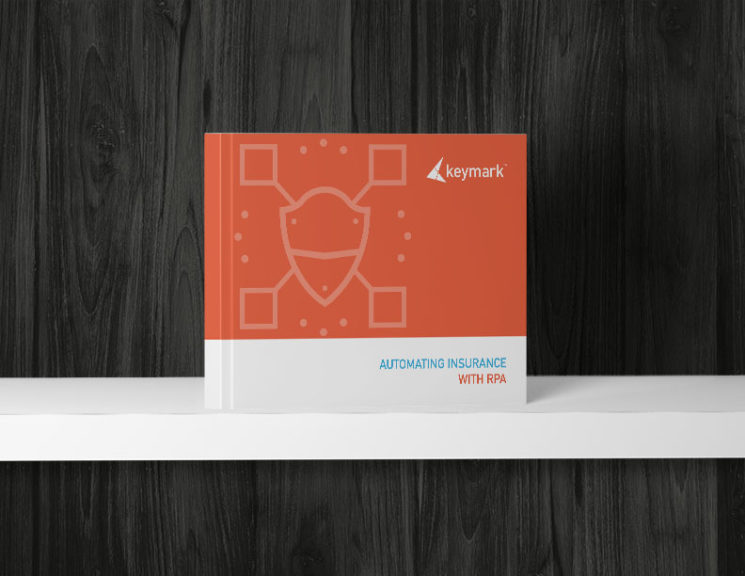How RPA Is Changing Insurance Claims Software
The insurance industry, like most document-intensive industries today, is filled with manual-based administrative tasks that can benefit from insurance claims software. These tasks slow down key business processes like underwriting and claims management, inhibit important knowledge-based work like risk analysis and prevent personnel from maximizing productivity. However, these tasks – as cumbersome and tedious as they may be – also present a unique opportunity for substantial improvement in the productivity department.
Because much of the work common to insurance companies involve repeatable and rule-based processes, it’s the perfect fit for Robotic Process Automation (RPA), where you deploy a digital workforce to handle mundane tasks while expediting processing times, improving accuracy and allowing personnel to focus on more meaningful work.
With RPA, you can automate any number of insurance-related processes, everything from underwriting policies to processing claims to assigning tasks to claims handlers or any number of other processes. The areas that stand to benefit the most from RPA include:


